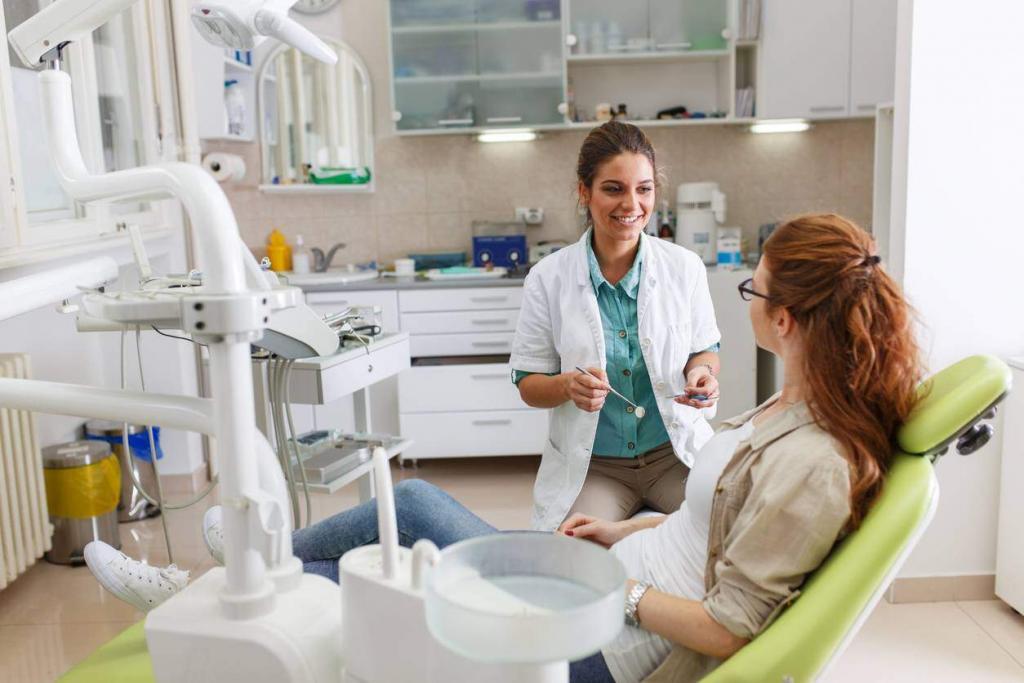If you are scheduled for sedation dentistry, make sure to go through all the details with your doctor, including whether you can eat before your procedure.
Sedation dentistry helps a lot of people get over their dental anxiety or help them sit still during lengthy procedures when they normally wouldn’t be able to. The use of sedatives in dentistry has a long history, and it helped doctors apply complex treatments, contributing to the progress of this medical field.

There are still many questions about sedation dentistry that appear to go through a patient’s mind, even when visiting the dentist regularly. Some of the most common questions surrounding a dental procedure that uses sedation are the medical protocol that the patient must follow.
Eating Before and After Sedation Dentistry
Just like when getting blood tests, patients are often confused about whether they need to refrain from eating before the procedure, for how long, and what happens after the procedure. With sedation dentistry, it all depends on the type of medication your St. Louis sedation dentist chooses.
The main concern about eating before a sedation procedure is to have food obstructing the airwaves when you are in a state of unconsciousness. With dentistry, the laid-back position of the patient makes this scenario even riskier. Even when the sedation does not render you unconscious, fasting is necessary, but not with all types of sedation.
Let’s go through each category of sedatives and check if eating is allowed or not prior to the procedure. We have listed the types of sedation from the mildest to the strongest. (Please note that these are general guidelines. You should always discuss your procedure with your dentist and follow their advice.)
Laughing gas (nitrous oxide) – laughing gas is the mildest sedative used in dentistry, with the patient generally being capable of driving themselves right after the procedure. It is still recommended that you fast for at least a couple of hours before being sedated because nausea is one of the common side-effects of laughing gas.
Oral sedation – sedatives that you take in the form of pills are stronger and will make you more or less drowsy. The dose can vary a lot, so it is best to check with your St. Louis sedation dentist about the restrictions you have prior to the procedure.
IV sedation – With IV sedation, you are generally not allowed to eat for at least 6 hours before the procedure or drink water for at least 2 hours before. This rule is extremely important for your safety during the sedation.
General anesthesia – the same rules as with IV sedation generally apply to general anesthesia.
What about after the sedation procedure takes place? Because sedation can have quite an impact on your body, it is important to help it recover afterward. Besides laughing gas, all the other types of sedation require you to take special time for recovery. Rest and start eating appropriate foods as soon as you are able to. Also, it is very important to hydrate after being sedated.
If you are scheduled for sedation dentistry, make sure to go through all the details with your doctor. Ask for a written protocol if it seems a bit too complicated to remember, and follow it strictly.
St. Louis Sedation Dentistry
If you suffer from mild to severe anxiety or phobia about going to the dentist, we are here to help! The Dental Anesthesia Center is a state-of-the-art dental facility for patients who require general anesthesia, deep sedation, or oral sedation for their dental care. Young children unable to cooperate and individuals with mental or physical disabilities can benefit from these services.
Call us today to schedule an appointment at (314) 862-7844. We look forward to meeting you
Call Us Today
The first two board-certified Dentist Anesthesiologists in the state of Missouri.
